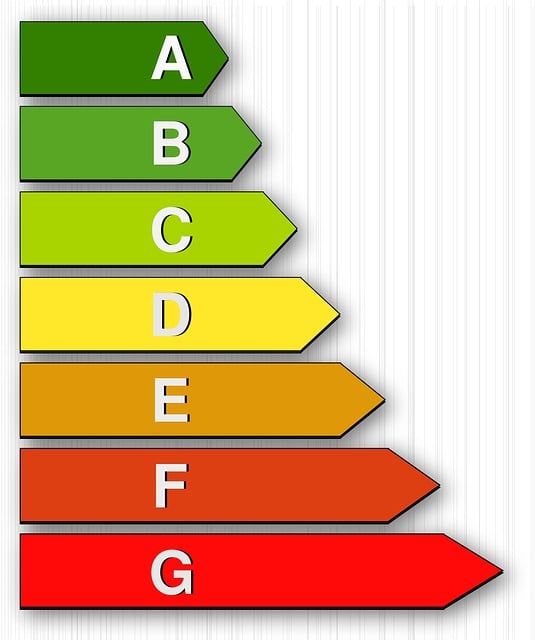TL;DR:
Organic search is a cost-effective way for businesses and creators to attract customers through unpaid search engine results. Search engines use algorithms to rank websites based on keyword usage, content quality, website structure, and user engagement. Success requires understanding target audience language through keyword research, including short-tail and long-tail keywords.
Comprehensive keyword research identifies relevant terms potential customers use, informs content creation, and drives targeted traffic. Utilizing long-tail keywords deeply aligns content with user intent, enhancing rankings and attracting better-qualified leads. On-page optimizations like keyword integration, alt tags, fast loading times, and structured data markup improve accessibility and usability.
Building high-quality backlinks from reputable sites boosts site authority and rankings. Regularly evaluating keyword strategy performance using analytics tools ensures continued effectiveness in driving organic traffic and conversions.
In today’s digital landscape, a robust keyword strategy is key to achieving organic growth. Understanding how search algorithms work and their relentless focus on user intent is crucial for improving organic search rankings. This article guides you through every step, from identifying niche-specific keywords to optimizing on-page elements and building high-quality backlinks. By the end, you’ll have a strategic framework to enhance your online visibility and attract more organic traffic.
Understanding Organic Search and Its Importance

Organic search is a powerful tool for online businesses and content creators, offering a cost-effective way to attract potential customers. It refers to the unpaid results that appear in search engine result pages (SERPs), often described as ‘earning your place’ on search engines like Google, Bing, or Yahoo. Understanding how organic search works is crucial for any digital marketing strategy aimed at long-term growth and sustainability.
When users conduct a search query, search engines crawl through vast amounts of content to deliver the most relevant results. This process involves complex algorithms that analyze various factors, including keyword usage, content quality, website structure, and user engagement signals. By optimizing your online presence for organic search, you can improve your website’s visibility, drive targeted traffic, and ultimately boost sales or engagement. Targeting specific keywords related to your niche and creating valuable, informative content is a proven strategy to enhance your organic search rankings over time.
Identifying Relevant Keywords for Your Niche

In the competitive digital landscape, understanding your audience and their language is key to a successful online presence. The first step in any effective keyword strategy is identifying relevant keywords specific to your niche. This involves thorough market research to uncover terms that potential customers are using when searching for products or services similar to yours. By aligning your content with these keywords, you can significantly improve your organic search rankings.
Focus on both short-tail and long-tail keywords. Short-tail keywords are more general and competitive but can drive high traffic if optimized correctly. Long-tail keywords, though less searched, are often more specific and indicative of a user’s intent. Targeting these longer phrases can lead to higher conversion rates as they usually have less competition and better-qualified leads.
Conducting Comprehensive Keyword Research

Comprehensive keyword research is a cornerstone for any successful organic growth strategy. It involves delving into tools and techniques to uncover relevant keywords that potential customers are actually searching for. This process extends beyond simply identifying popular terms; it requires understanding user intent behind each search query, exploring long-tail keywords, and analyzing competition for these terms. By integrating SEO best practices, businesses can ensure their content targets the right audience and aligns with current search trends.
A robust keyword strategy focuses on selecting keywords that effectively improve organic search rankings. This includes evaluating keyword density, optimizing meta tags, and creating valuable content that satisfies user queries comprehensively. Regularly updating this strategy based on analytics data and algorithm changes is crucial to maintaining and enhancing online visibility.
Utilizing Long-Tail Keywords Effectively

Long-tail keywords are a powerful tool for any content strategy aiming for organic growth. Unlike shorter, more general terms, long-tail keywords are specific and often reflect user intent more accurately. When search engines crawl content, they prioritize relevant and unique material, making long-tail keywords an effective way to improve organic search rankings. By targeting these phrases, you can attract a more defined audience who are actively searching for your niche offerings.
Effective utilization involves integrating these keywords naturally into your content, ensuring readability and relevance remain paramount. Researching and identifying the right long-tail keywords for your industry allows you to compete for lower-volume but highly qualified searches. This strategy not only boosts visibility but also fosters a deeper connection with potential customers, driving more meaningful interactions and conversions over time.
Optimizing On-Page Elements for Keywords

To optimize on-page elements, start by conducting thorough keyword research to identify relevant terms and phrases that your target audience uses when searching for products or services similar to yours. Once you have a list of targeted keywords, integrate them naturally into your website’s content, including titles, headings, meta descriptions, and body text. Ensure that each page focuses on a specific set of keywords to avoid competition within your own site.
Additionally, enhance the user experience by optimizing images with alt tags that include relevant keywords, ensuring fast loading times, and implementing structured data markup where applicable. These on-page optimizations not only help search engines understand your content better but also improve your website’s accessibility and usability, ultimately contributing to improved organic search rankings over time.
Building High-Quality Backlinks for Ranking Boost

Building high-quality backlinks is a cornerstone of any successful keyword strategy aimed at improving organic search rankings. These links act as votes of confidence from other reputable websites, signaling to search engines that your content is valuable and trustworthy. To cultivate these valuable backlinks, focus on creating exceptional, shareable content that naturally attracts links from other sites. This could involve in-depth guides, original research, or thought leadership pieces that offer genuine value to readers.
Additionally, engage in strategic outreach to build relationships with influencers and industry experts. By reaching out to them with genuine requests for backlinks or collaborations, you can foster partnerships that enhance your site’s authority. Remember, the quality of these backlinks matters more than quantity. A few links from established, relevant websites carry far more weight than numerous links from lesser-known or unrelated sources.
Measuring and Adjusting Your Keyword Strategy's Performance

Measuring the performance of your keyword strategy is a crucial step in improving organic search rankings. Utilize analytics tools to track keywords’ visibility, click-through rates (CTRs), and conversion metrics. Identify high-performing keywords driving significant traffic and conversions, and focus on optimizing content around these terms. Conversely, review underperforming keywords, analyzing reasons for low CTRs or lack of conversions; adjust your strategy accordingly by refining content, adding relevant keywords, or restructuring information. Regular performance evaluations enable continuous improvement, ensuring your keyword strategy remains effective in attracting organic traffic over time.
